At the close of the fourth round of the inter-Burundian dialogue held in Arusha from 16 to 19 February, Mkapa said it is imperative to convene an extraordinary summit of Heads of East African Community states to boost the dialogue process.
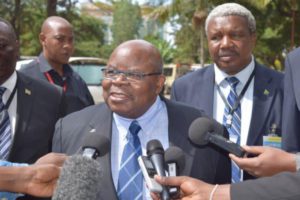
Benjamin William Mkapa: “There is an imperative need to hold an extraordinary EAC summit to look into the obstacles that cause the dialogue process to drag on”
“There is an imperative need to hold an extraordinary EAC summit to look into the obstacles that cause the dialogue process to drag on. It is an emergency. I will present this to the mediator and the current EAC President as soon as possible, “Mkapa told journalists on 19 February.
The facilitator in the Burundian conflict requested Burundi crisis stakeholders to commit themselves to peace, comply with the principles and spirit of the Arusha Peace Agreement and the Constitution.
Mkapa said that participants generally agreed on the key points discussed namely the return of refugees, the improvement of the political climate, the economic sanctions imposed on Burundi and the return of the exiled politicians. He said, however, that there are certainly divergences in their implementation. “I remain convinced that the four themes form the basis for the next dialogue session,” Mkapa said.
The facilitation in the Burundi crisis had organized the 4th dialogue session for the actors in the Burundian conflict, but the Government of Burundi rejected that invitation. It accused the facilitation team of having invited some members of the coalition of opposition political parties CNARED wanted in Burundi. They are accused of being involved in the coup against the Burundi institutions.
“EAC must impose sanctions on the Government to push it to accept the negotiations”
Jean Claude Nkundwa, an expert in peaceful conflict resolution, says the chief obstacle to the dialogue process is the non-participation of the Burundian Government in these negotiations. “The EAC must create favorable conditions to boost dialogue. The refusal of the key stakeholder in the conflict to participate in the negotiations reveals that the conditions are not sufficient for the process to continue,” says Nkundwa.
He says the organizers of these peace talks should force the Government to accept to sit down with its protagonists.
“It is necessary that the EAC impose sanctions against the Government in order to create a balance between both conflicting parties so that the negotiations reach a lasting solution.
“Unless these conditions are created, it is clear that these negotiations will never succeed,” Nkundwa says. The Government is aware that it will not gain in these negotiations, according to the expert.
Former Tanzanian President William Benjamin Mkapa was appointed facilitator in Burundian peace talks by the East African Community, during the 17th Ordinary Summit of EAC Heads of State in Arusha, Tanzania on 2 March 2016. He was chosen to help the mediator in the Burundian conflict, the Ugandan President Yoweri Kaguta Museveni.
The Burundi crisis has broken out since 26 February 2015, when the ruling party CNDD-FDD officially announced the candidacy of President Pierre Nkurunziza for the 2015 presidential election. UN reports say more than 500 people have died and more than 350,000 have fled the country since then.

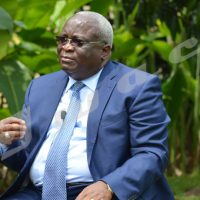

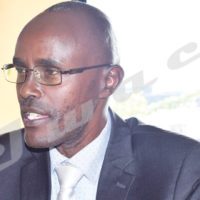
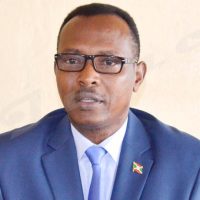
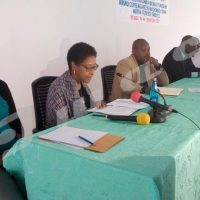













 IWACU Open Data
IWACU Open Data

